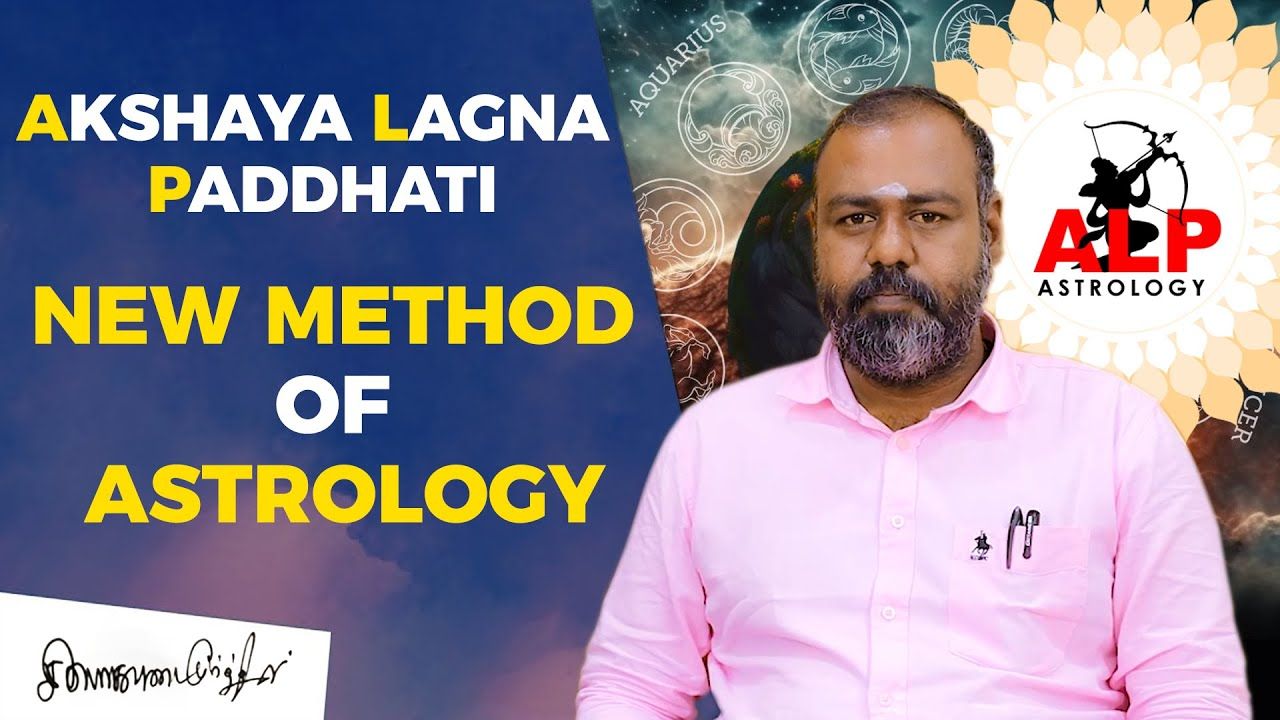
Astrology in Western Countries: Exploring Its History, Modern Practices, and Cultural Impact on Personal Guidance and Popular Beliefs The Evolution of Astrology in Western Tradition Astrology in Western countries has its roots in ancient Babylonian practices, later developed by Greek and Roman scholars. This tradition focuses on the study of celestial movements and their influence on human life. The Western zodiac, comprising twelve sun signs based on the ecliptic path of the Sun, forms the cornerstone of astrological interpretation. During the Renaissance, astrology gained prominence, intertwined with astronomy. However, its scientific acceptance waned during the Enlightenment. Despite this, astrology persisted as a cultural phenomenon, evolving into the personalized guidance tool widely recognized today. Modern Western Astrology: Practices and Popularity In contemporary Western societies, astrology is widely accessible, often found in horoscopes, apps, and personal read...



